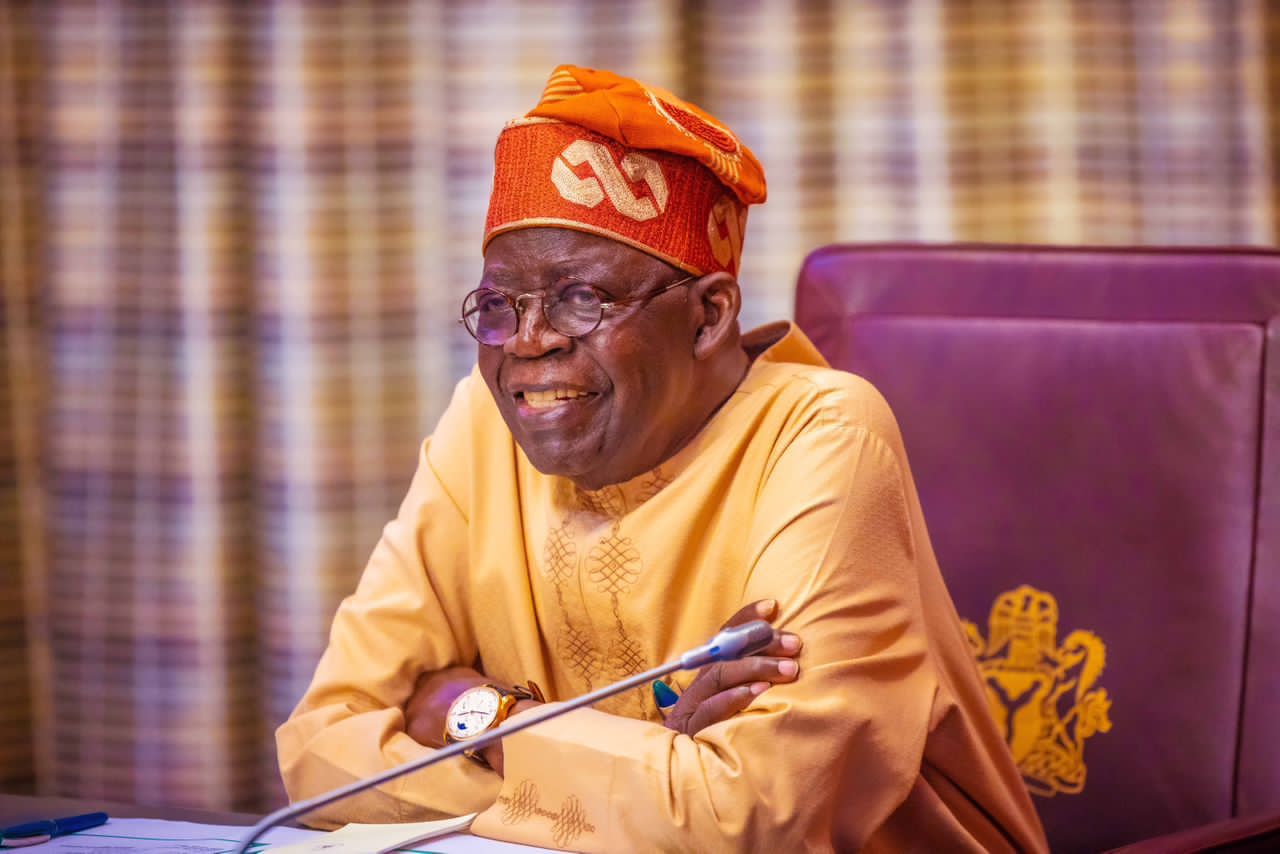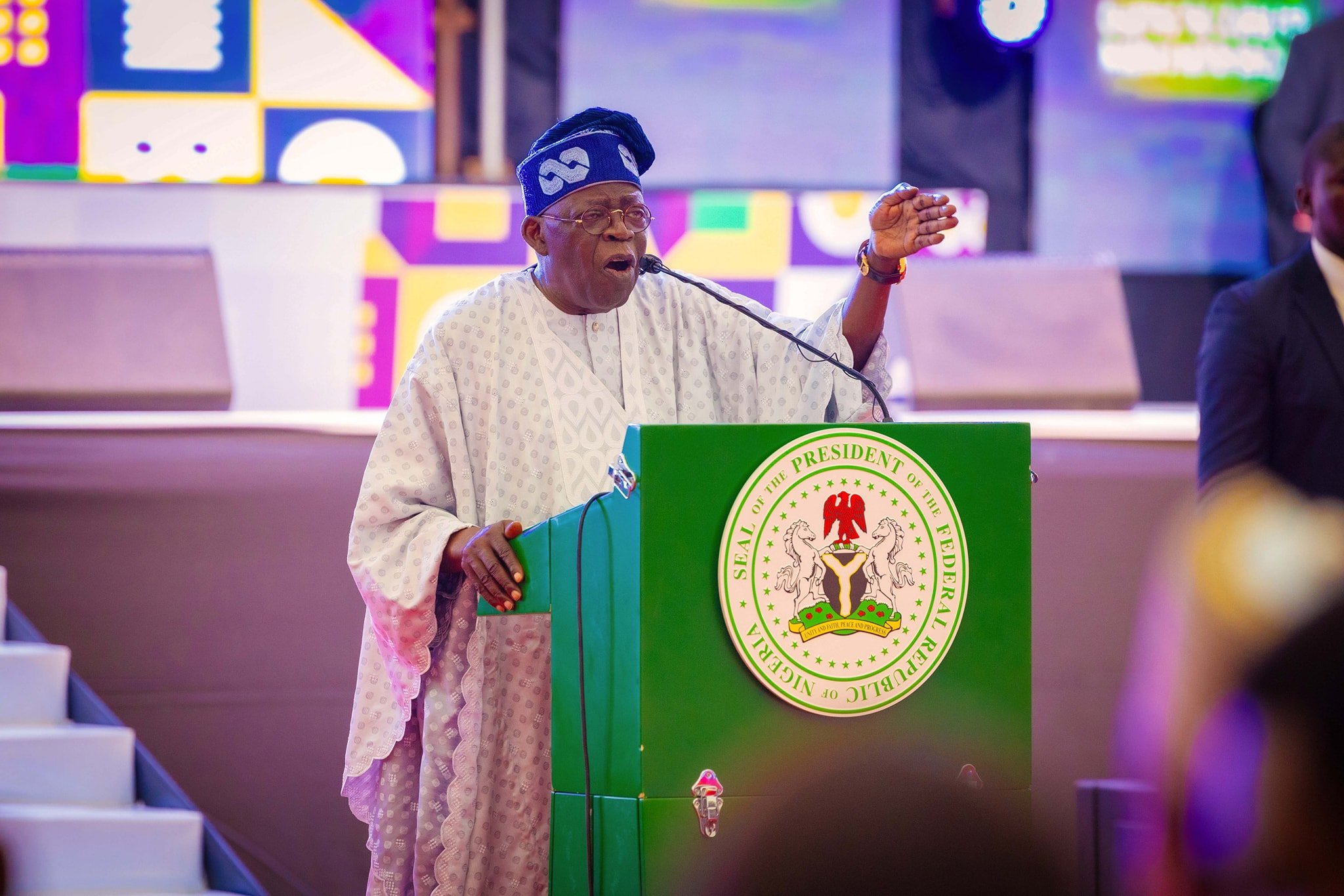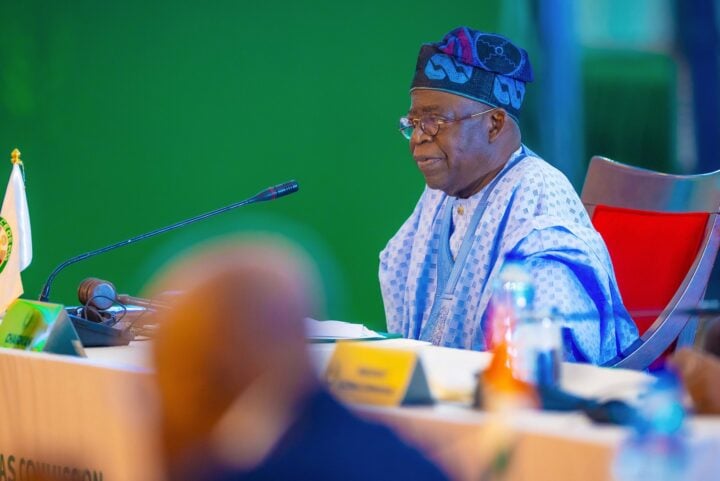By Keem Abdul
The notion of government work – especially of the office, white-collar variety (or ‘whiteman’s work’, as we refer to it in our respective local languages and dialects) as ‘nobody’s work, is one that is prevalent in our society. This notion, and the attitude that comes with it, is demonstrated in a variety of ways, ranging from apathy and lack of initiative (no be my papa work abeg) resulting in low productivity, to a desire to milk its tangible and intangible benefits to the very last drop – regardless of whether or not one is entitled to such benefits – and mindless as to the impact of such a tendency on the system as a whole.
In our society, government – when it is not a predator, always taking from the people, or simply leaving them to their own devices as far as their welfare and security are concerned – is often seen as a cash cow by those who are lucky enough to gain access to the corridors of power (or know someone who knows someone in a position of power or influence). Like the sacred cow in Hindu religious culture, everyone is determined to either milk it to death (or where that it is impossible) simply leave it to starve to death; nobody wants to actually feed and nourish it.
This pervasive culture (for culture it is, if we understand culture simply as a people’s way of life) is even more pronounced among the political class. From the attainment of its independence, Nigeria has always been a theatre of excess as far as the disposal of public resources is concerned. Government expenditures in Nigeria (whether at national or subnational level) are among the most bloated in Africa, if not in the world.
Advertisement
This culture goes beyond corruption, which – in every jurisdiction and in every language – smacks of illegality and outright criminality, and (in some jurisdictions) is visited with the most severe punishments and sanctions. No, this one is a more benign kind; rather than being pilfered in an underhand manner, misappropriated or embezzled, government money is being allocated and signed for in broad daylight. In many Nigerian languages, there is no word for ‘corruption’, so we simply call it ‘stealing or chopping government money.’ But the allocation of staggering amounts of government money to otherwise legitimate activities is a different ball game altogether. It is not stealing per se; it is – to give it a more polite euphemism – the cost of governance.
Cost of governance refers to any expenditure associated with the running of government. In other words, it is the cost incurred by the government in the course of providing goods and services to the citizenry. It may be subdivided into recurrent and capital expenditure. Whereas recurrent expenditure is government spending on overheads and personnel costs, capital expenditure is spending in providing infrastructural facilities.
The problem of cost of governance begins when the recurrent expenditure (as a percentage of total government expenditure) is substantially ABOVE capital expenditure, as it leads to a reduction in the provision of infrastructure, a fall in investment, and a reduction in the level of employment – especially among young people, etc. The long-term result is an economy mired in stagnation, whose growth (where it exists at all) is stunted and uneven.
Advertisement
Thanks to the culture described above, the cost of governance in Nigeria has, over the years, been extremely high, to say the least. In recent years, it has grown to an alarming and grossly unsustainable level – a situation that is generating greater and greater public concern and national outcry because of its undeniably negative implication on investment, industrial expansion, infrastructural development and the growth of the real sectors of the economy. At the rate Nigeria has been going all these years, there is a state of panic among the people stakeholders are beginning to imagine an apocalyptic future, even as experts seek ways to address an anomaly that has gained the character of a Godzilla that would consume all in its path unless it is confronted squarely.
And in one of the many bitter paradoxes that have marked the socio-economic journey of this most paradoxical of nations, the benefits of this expensive experiment in governance has only been enjoyed by a very small number of the elite group who demonstrate little or no concern for the welfare of the Nigerian people. Today, according to the World Bank 2022 Public Expenditure Review report, Nigeria is ranked among countries with the lowest human development index in the world, with a rank of 167 among 174 countries globally.
Though the cost of governance conundrum is not unique to Nigeria, it is nevertheless important to note that a growing number of other developing countries around the world are making concerted efforts at reducing the cost of governance in order to conserve adequate funds for infrastructural development in a bid to impact positively on the lives of their citizens. India, for instance, introduced e-governance in administration not too long ago in order to reduce the cost of running its government. Ethiopia, Thailand, Kenya, Ghana and Rwanda are among others who have also made drastic cuts in expenditures (especially in the number of political appointees) thereby making the government efficient in the management of scarce resources. These measures are being taken because the leaders of these respective nations understand that no society can make meaningful progress unless it develops a competent and cost-effective management system capable of maximizing the nation’s resources to the benefit of all.
Unfortunately, the more the countries toeing this path of prudence – and reflecting it even in the optics of their international engagements – the more Nigeria’s tendency towards flamboyance and ‘crude showiness‘ (in the words of Achebe) sticks out like a sore thumb, in yet another paradox for a heavily-indebted country whose leaders and functionaries take delight in traveling to global conferences in presidential fleets – while the leaders of her creditor-nations travel by commercial aircraft!
Advertisement
Given the above, the urgent imperative of reducing the cost of governance is not lost on President Bola Ahmed Tinubu, who – going by his recent pronouncements – is set to make the necessary changes to ensure a reversal of the ‘culture’ described above. Just the other day, the President, as a signal of his commitment in this regard, directed the Federal Ministry of Foreign Affairs to freeze the processing of visas for all government officials seeking to travel to New York, USA for the forthcoming United Nations General Assembly without proof of direct participation in UNGA’s official schedule of activities. This, the Presidency affirms, is part of a broader effort to ensure that government officials, and indeed government expenditure as a whole, reflect the prudence and sacrifice being made by well-meaning Nigerians across the nation.
The President’s stance vindicates the long-standing advocacy of various stakeholders – individuals and groups alike – for a reduction in the day-to-day expenditure of government. One of them is the Revenue Mobilisation Allocation and Fiscal Commission (RMAFC) itself an agency of government which has been at the forefront of such advocacy. Through seminars and workshops, RMAFC has continued to proffer far-reaching suggestions and recommendations to governments at all levels on the need to scale down on unnecessary expenditure and to monitor expenses on developmental projects that would impact positively on the lives of the citizenry. Among its recommendations are as follows:
1. That political offices should be made less attractive. It is no longer news that Nigeria’s elected and appointed political office holders are among the highest-paid in the world – a terrible indictment on a country that has been identified as ‘the epicenter of global poverty‘ by influential organisations such as the World Economic Forum (WEF). In addition, stakeholders like the RMAFC have called for a review of relevant sections of the 1999 Constitution of the Federal Republic of Nigeria (as amended) with clear-cut separation of power, checks and balances among the branches of government. Of particular interest to all stakeholders in this regard is the National Assembly – which is literally the ELEPHANT IN THE ROOM, given the humongous salaries and other allowances and perks enjoyed by its members. The time has come, stakeholders say, to take another look at the bicameral nature of our national legislature (another way of saying: Shut down the Senate and send the fat cats home! Let the House of Representatives be the legislative chamber at the centre, just as obtains in the states with their Houses of Assembly).
2. That government should prioritize the provision of adequate infrastructure. In other words, capital expenditure costs must overwhelmingly outweigh recurrent (including ‘body-no-be-firewood’) expenditure.
Advertisement
3. That government should enforce the monetization policy. In other words, say RMAFC and orhers, government should discontinue the provision of houses and vehicles to officers whose allowances are already monetized.
4. That government should not become an impediment to the rule of law. Advocates of the rule of law and a reliable judicial system say these are the catalysts, not only of order and harmony in society, but also of a steady flow of foreign investment into the economy. Furthermore, they say, unnecessary litigation arising from issues relating to debts and liabilities due to circumvention of the rule of law, will be minimized, if not totally eliminated.
Advertisement
5. That there should be an attitudinal change among all stakeholders. Advocates have called for a deliberate effort by the executive, legislative and judiciary to pursue and implement cost-reduction policies. Also, the right attitude by heads of MDAs will have positive effects in the efficient and timely execution of budgets and projects. In other words, let’s kill this particular ‘culture’ (of seeing government money as nobody’s money) before it kills us.
6. That government should conduct periodic personnel audit and manning levels. This, advocates say, will eliminate ghost workers and reduce redundant staff in all tiers of government.
Advertisement
7. That budgets should be regarded as binding documents (like Scripture) meant to be religiously implemented, with utmost discipline and rigour.
8. Find a way to reduce the number of Ministers and other key political appointees. Tall order, this one. Nigeria’s constitution mandates the appointment of at least one minister from each state of the federation. However, this provision has made for the appointment of ministers who are actually neither needed nor able to make any critical impact – a point that was made last May by Festus Keyamo, who is now Minister of Aviation and Aerospace.
Advertisement
The President, through his Minister for Finance and Coordinating Minister for the Economy, Mr Olawale Edun, has consistently demonstated this government’s understanding that unless the economy is revived and fiscal challenges addressed boldly, resources to develop this country will simply not be there. As Edun put it: ‘No bird can fly if its wings are tied.’ Nigeria, he said, is such a bird at the moment; she faces huge fiscal deficits, currently estimated at 6% of GDP – no thanks to huge federal and state government expenditures in the face of lower and lower revenues due to dwindling revenues from thevexport of crude oil as a consequence of the rampant vandalism of pipelines and illegal bunkering of crude oil. As the President mentioned at the 63rd Annual General Conference of the Nigerian Bar Association (NBA) in Abuja the other day, Nigeria now spends 96% of its revenue servicing debt, with the debt-to-revenue ratio rising from 83.2 percent in 2021 to 96.3 percent by 2022 – a situation he described as unacceptable.
On this issue of reducing the cost of governance, perhaps it is time to more fully embrace the 2012 Oronsaye Report – which has been the subject of lip-service but little action by successive administrations. That 800-page Report recommended the abolition and merger of 102 government agencies and parastatals, while some were listed to be self-funding. It revealed a high level of competition among several overlapping agencies, which had not only created ill feelings and bad blood among government agencies but also brought about unnecessary wastage in government expenditure. The Report also recommended, among other things, the discontinuation of government funding for professional bodies and councils, as well as such extravagances as religious pilgrimages.
11 years on from the submission of the Oronsaye Report, successive regimes, rather than reduce, harmonise or merge some agencies as recommended, actually established MORE agencies, commissions and parastatals, many of them through new legislative bills in the National Assembly, thus putting an extra fiscal burden on public finances.
Nigeria’s new President needs money to finance his ambitious development plans, and to replicate the transformation he brought in Lagos State as Governor. So he has absolutely no choice but to ensure a reduction in the cost of governance so as to free up the funds his advisers are telling him he needs.
Fortunately, the signs are that the difficult task of undertaking the change from our traditional attitude towards government money – and thereby stopping the debilitating effects of our retrogressive culture – is one that Asiwaju Bola Ahmed Tinubu seems ready and willing to take on headlong.
As indicated by some positive steps already taken, and from recent pronouncements by him – most notably at the aforementioned NBA Confab (in which decried what he called ‘the failed economic theories and practices’ of the recent past) and on the occasion of the inaugural Federal Executive Council meeting of his administration – it is the belief of the majority of observers of this administration that the President is keen on making progress in the management of the nation’s economy, and therefore recognizes the importance of cutting down on the cost of governance and killing the culture has stolen so much from the developmental goals of Africa’s largest economy.
Keem Abdul, a PR consultant, publisher and writer, hails from Lagos. He can be reached via +2348038795377 or [email protected]
Add a comment



